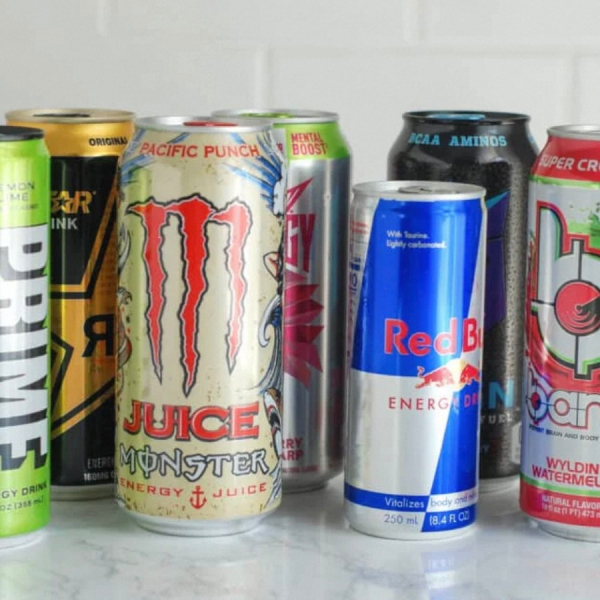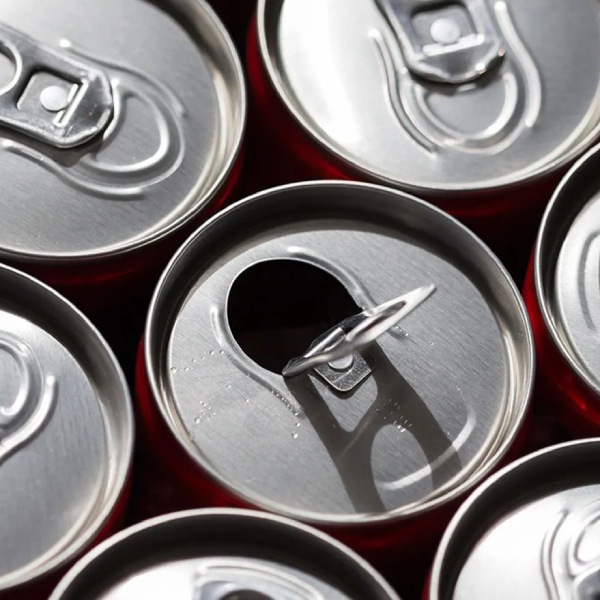Introduction to Energy Drinks and the FDA
The Role of the FDA in Energy Drink Regulation
Energy drinks have quickly become a staple for many consumers. These beverages promise instant energy and heightened alertness, appealing to students, professionals, and athletes alike. However, the FDA does not regulate energy drinks the same way it regulates food and drug products. Instead, they fall under a category of dietary supplements, which allows manufacturers significant leeway. Despite this classification, the FDA maintains oversight in that it can take action against products posing safety risks. Thus, understanding the FDA’s limited role is crucial for informed consumer choices.

Safety Concerns and Consumer Awareness
Many energy drinks contain high caffeine and sugar levels, raising safety concerns among health professionals. Excessive caffeine can lead to heart palpitations, anxiety, and sleep disturbances. Furthermore, sugar-laden beverages contribute to obesity and diabetes. Many consumers often overlook these risks due to aggressive marketing tactics. Brands advertise these drinks as a quick solution for fatigue, influencing public perception in a positive light.
Thus, consumers must evaluate these claims critically and look beyond advertising. They should also consider alternative methods for increasing energy. Staying hydrated, maintaining a balanced diet, and getting enough sleep can offer safer and more effective solutions. Furthermore, greater awareness and education on the potential risks will empower consumers to make better choices. By being informed, individuals can enjoy their lifestyles without compromising their health. It’s crucial for consumers to question claims about energy drinks, including whether do energy drinks have sperm in them. Staying informed helps individuals prioritize health over marketing hype.
The Role of the FDA in Beverage Regulation
The Role of the FDA
The FDA, or Food and Drug Administration, plays a crucial role in overseeing numerous products. These include everything from medications to food items. The agency ensures product safety and labeling accuracy. However, some categories, like energy drinks, operate under different rules. Energy drinks fall under the category of dietary supplements. This distinction means they do not face the same regulations as sodas and juices. Traditional food and beverages undergo rigorous safety evaluations before reaching consumers. In contrast, energy drinks enjoy a more relaxed regulatory oversight. This difference raises questions about consumer safety and awareness. While energy drinks may be less regulated, many consumers wonder, does energy drinks make you poop? Understanding their effects is crucial for informed choices.
The Implications of Lenient Regulations
The lenient regulatory environment for energy drinks can lead to potential health risks. Consumers often lack full information about the ingredients and effects. Many energy drinks contain high caffeine levels and other stimulants. These components can cause health issues, especially for sensitive populations. Additionally, the FDA only requires basic labeling, which may not inform all users. Consequently, people may not realize the potential dangers of excessive consumption.

Furthermore, the rise in popularity of energy drinks among young adults exacerbates these concerns. Many young adults perceive these beverages as safe because they are widely available. However, the relaxed regulations might mislead them about safety. Thus, both consumers and regulatory bodies need to advocate for clearer guidelines. More stringent oversight could help protect public health while informing consumers. Ultimately, awareness and education about these products can foster safer consumption habits. Is it bad to drink energy drinks on an empty stomach? The lack of clear guidelines makes it essential for consumers to be aware of potential risks associated with these beverages.
The Definition of Energy Drinks
Understanding Energy Drinks
Energy drinks are popular among consumers seeking a quick boost of energy. These beverages typically contain caffeine, taurine, and B vitamins. Many people rely on them for increased alertness and improved performance. However, the potential risks associated with these drinks often go unnoticed. High caffeine levels can lead to insomnia, increased heart rate, and anxiety. Additionally, some ingredients may interact negatively with medications. Therefore, consumers must be aware of these health implications when choosing to consume these beverages.
Regulatory Challenges
The lack of uniformity in energy drink formulations creates challenges for regulation. Different brands use varying amounts of active ingredients, resulting in inconsistent effects on consumers. The Food and Drug Administration (FDA) does not classify energy drinks as conventional foods or beverages.
Consequently, the agency does not impose strict requirements on their ingredients or labeling. This inconsistency raises questions about consumer safety and transparency. As some energy drinks can contain caffeine levels exceeding those found in traditional soft drinks, the potential for adverse effects increases. Moreover, the marketing practices of these products often mislead consumers regarding their safety and health benefits. Therefore, clearer guidelines and regulations are necessary to protect public health and ensure informed consumer choices.

Health Risks Associated with Energy Drinks
Importance of Regulation
Energy drinks provide a quick boost of energy and are immensely popular. However, the FDA’s regulations may not sufficiently protect consumers’ health. Many people do not recognize the potential side effects that come with excessive consumption. For instance, high caffeine levels can trigger severe heart palpitations, leading to alarming health risks. In addition, those who consume too much caffeine often suffer from anxiety and insomnia. These issues highlight the need for better consumer education regarding energy drink safety.
Consumer Awareness and Responsibility
Consumers should acknowledge the risks associated with energy drinks and make informed choices. The high sugar content in many energy drinks can lead to obesity and increase the risk of diabetes. Although the FDA has issued warnings and guidelines, these products remain prevalent on store shelves. Therefore, individuals must take responsibility for their health and understand what they consume. Creating awareness about the dangers can help consumers make better decisions.
By reducing the intake of energy drinks, individuals can mitigate potential health issues. Ultimately, both regulation and consumer awareness are crucial for promoting healthier choices. The responsibility lies not only with the FDA but also with consumers to ensure their well-being. Consequently, education and regulation must work hand in hand to protect public health. Balancing energy needs with safety will benefit consumers in the long run.
Labeling Standards for Energy Drinks
Another aspect of regulation focuses on labeling. Are energy drinks regulated by the FDA when it comes to their labels? Yes, but the requirements may not be as stringent as one would hope. The FDA requires all beverages to list ingredients and nutritional facts. However, manufacturers can use terms like “natural” without stringent definitions. This confusion can mislead consumers into thinking these drinks are healthier than they are.
The Role of Manufacturer Accountability
Are energy drinks regulated by the FDA regarding manufacturer accountability? The answer is complicated. The FDA does not pre-approve energy drinks before they hit the market. Manufacturers must ensure their products are safe, but they are not required to share their safety data with the FDA unless there are significant health concerns. This lack of oversight enables some companies to market potentially harmful products without sufficient scrutiny.
Consumer Awareness and Responsibility
The question, “Are energy drinks regulated by the FDA?” emphasizes the need for consumer awareness. Since the FDA offers limited regulations for these drinks, consumers must also take responsibility for their choices. Before purchasing, consumers should research the contents and health implications of energy drinks. Awareness can empower consumers to make informed decisions about their energy-boosting options.
Conclusion: The Need for Enhanced Regulation
In conclusion, while the FDA does partially regulate energy drinks, the complexity of their classification leaves consumers exposed to potential risks. Are energy drinks regulated by the FDA in a way that ensures full safety and transparency? The current regulations are not enough. As energy drinks continue to gain popularity, calls for stricter oversight are growing. By enhancing regulation, the FDA could ensure these products are safe for consumers while providing clear and accurate information about their ingredients. Educated consumers, together with improved regulatory measures, can lead to safer energy drink consumption.